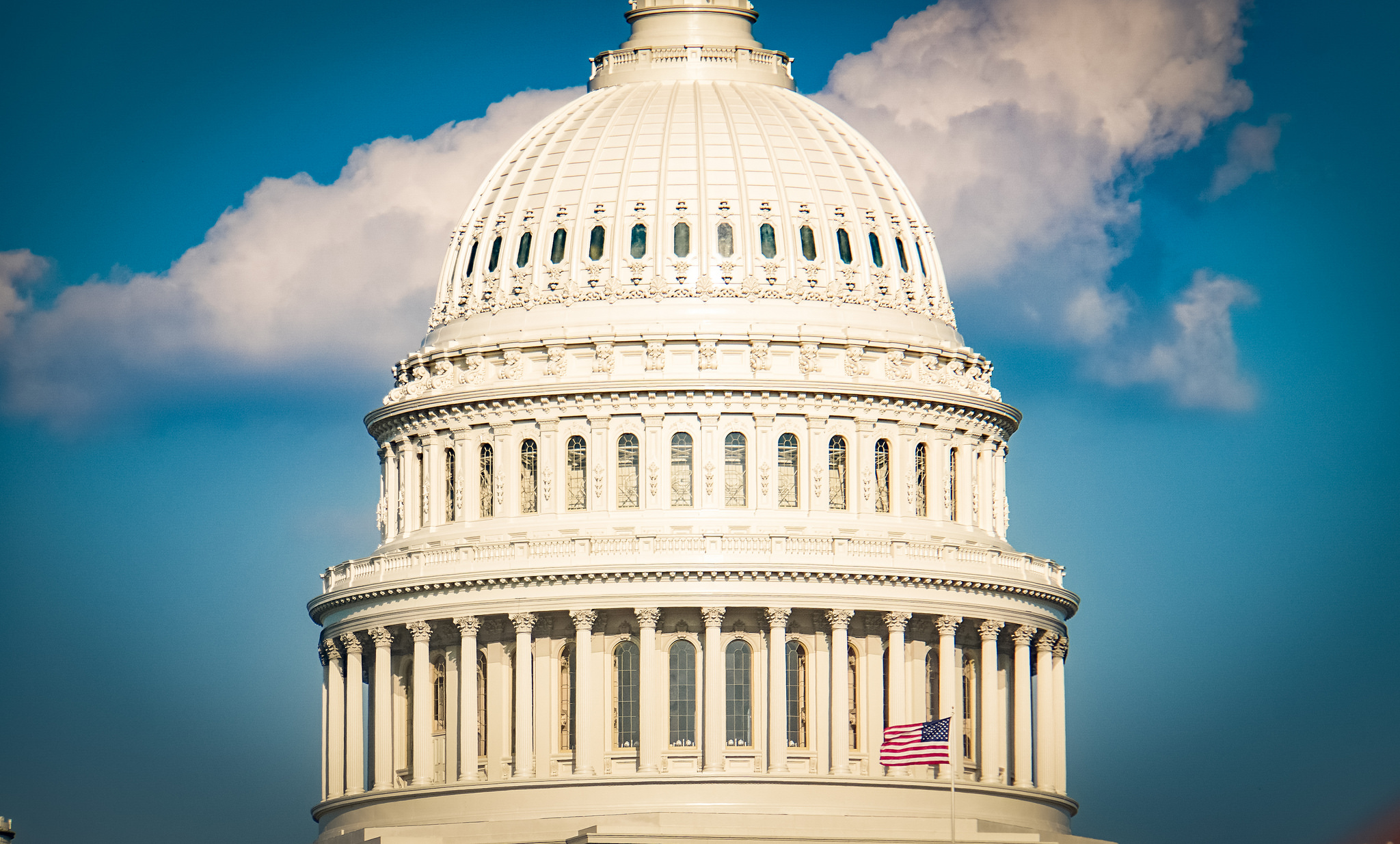Politics
DEA Head Slammed Over Marijuana Stance By Lawmakers

The acting administrator of the Drug Enforcement Administration (DEA) was put through the wringer by lawmakers on Capitol Hill on Tuesday, pressed repeatedly to answer questions about the federal agency’s outdated marijuana policy.
Here’s a roundup of exchanges between DEA Acting Administrator Robert Patterson and members of the House Judiciary Committee during a hearing on the opioid epidemic.
Rep. Steve Cohen (D-TN)
“The DEA has always been in a position of great importance—and it’s important that the DEA administrator stay current with what the people have shown by their actions and their statements what they believe is the right priorities for the DEA,” Cohen started.
In short, the people don’t think marijuana should be a federal law enforcement priority, he said. He then asked Patterson why marijuana is classified in the same drug scheduling category as more harmful drugs such as heroin.
“The reason why it remains in Schedule I is the science,” Patterson said.
“The science?” Cohen responded. He later added, “I’m happy to hear that you believe in science, that’s refreshing.” But Cohen wanted to know what the DEA official’s personal views on marijuana scheduling were, and Patterson delivered: He said that he was worried the country was “going down a bad path with marijuana” and that all of the national conversations around reform mainly had to do with revenue.
Cohen pushed back, arguing that adults also care about racially disproportionate arrests for non-violent marijuana offenses, for instance. Patterson said he didn’t see a link between prohibitionist marijuana policies and mass incarceration, then went into a rant that concluded:
“At what point did we determine that revenue was more important than our kids?”
Rep. Hank Johnson (D-GA)
Johnson began his questioning by asking Patterson how many Americans died from opioid-related overdoses among the 64,000 drug overdose deaths recorded in 2016.
Patterson knew that figure, responding that about 44,000 deaths were the result of opioid-related overdoses. But when asked a follow-up question about marijuana-related overdose deaths, the DEA official said that he didn’t believe there were any officially recorded in 2016, but that he was “aware of a few deaths from marijuana.”
(The DEA itself said there were no known deaths attributed to a marijuana overdose in a 2017 report on drug abuse.)
“You are aware of a few deaths from marijuana?” Johnson asked. At that point, Patterson said that he didn’t have materials in front of him to reference, but that he believed these deaths were caused by “adulterated” cannabis and said he ultimately understood the congressman’s point: that in terms of risk of overdose, marijuana and opioids are “not comparable.”
Rep. Eric Swalwell (D-CA)
Swalwell used his time at the hearing to talk about the struggles of families he’s met whose children have either fatally overdosed on opioids or suffered from addiction. He asked Patterson what can be done to prevent and address youth substance abuse.
The DEA official discussed the importance of early education drug prevention programs—and then pivoted to marijuana.
“I hate to do this, but I’m going to do it to you—and this is what concerns me about marijuana because those same stories I hear all the time, I generally hear marijuana introduced,” Patterson said. But he then made a surprising admission, telling Swalwell that he’s “not going to compare” drugs like marijuana and opioids, and also that he wouldn’t “say [marijuana is] a gateway [drug].”
That caveat was significant, Don Murphy, director of conservative outreach at the Marijuana Policy Project, said in a statement to Marijuana Moment. “When the head of the DEA rejects the gateway theory, he’s a witness for an end to prohibition,” Murphy said.
Patterson did go on to say that “the problem is that these things all seem to dovetail together, and my concern is—and again, I’ll take my DEA hat off for a second is as a person in the United States—what message we send as we try to navigate this space in terms of that, and I think that’s problematic.”
Rep. Matt Gaetz (R-FL)
Gaetz wanted to know whether it is “the position of the DEA that democratizing access to medical marijuana will add to the substance abuse problem in this country.” Patterson said he feels “it’s a conversation that we have to have.”
But that question appeared to set Gaetz up for an extensive back-and-forth during which the DEA head demonstrated a stunning lack of knowledge about the existing scientific literature concerning marijuana’s health benefits and its potential use as a substitute for dangerous pharmaceuticals, including opioid painkillers.
Was Patterson familiar with a 2017 report from the National Academies of Science that found “conclusive or substantial evidence” that cannabis and cannabinoids effectively treats chronic pain—a condition that is traditionally treated with opioid painkillers? No.
Was he familiar any of the numerous patient surveys from states where marijuana has been legalized, showing significant reductions in pharmaceutical use correlated with cannabis reform? No.
OK, was he aware of any studies that showed the opposite? That marijuana use was associated with increased use of dangerous illicit drugs? Again, no.
So then, going back to his first question, why is it that the DEA cannot speak to its official position as to whether marijuana legalization would add to the country’s substance abuse problem if its acting administrator can’t defend that argument based on any “evidentiary standpoint,” Gaetz asked. A flustered Patterson reaffirmed the agency’s support for research into medical marijuana and also pinned blame on the lack of DEA-approved research grants for medical marijuana research on international treaties that he claimed were being deliberated by the Justice Department.
Gaetz said he appreciated the agency’s support for research and asked whether the DEA would commit to partnering with lawmakers in their efforts to expand federal marijuana research.
“We’ve been consistent in that message,” Patterson said.
Photo courtesy of Ted Eytan.




